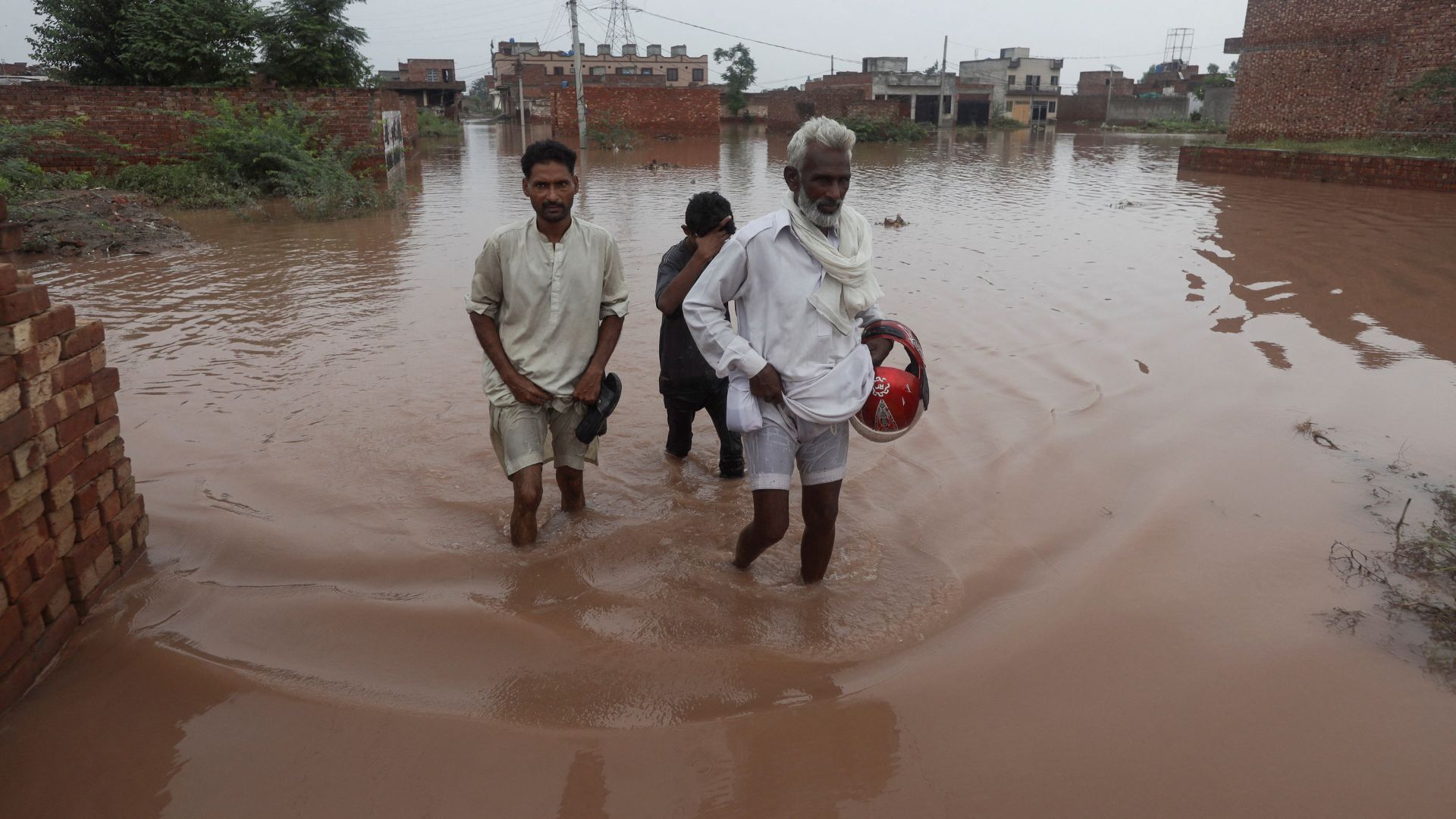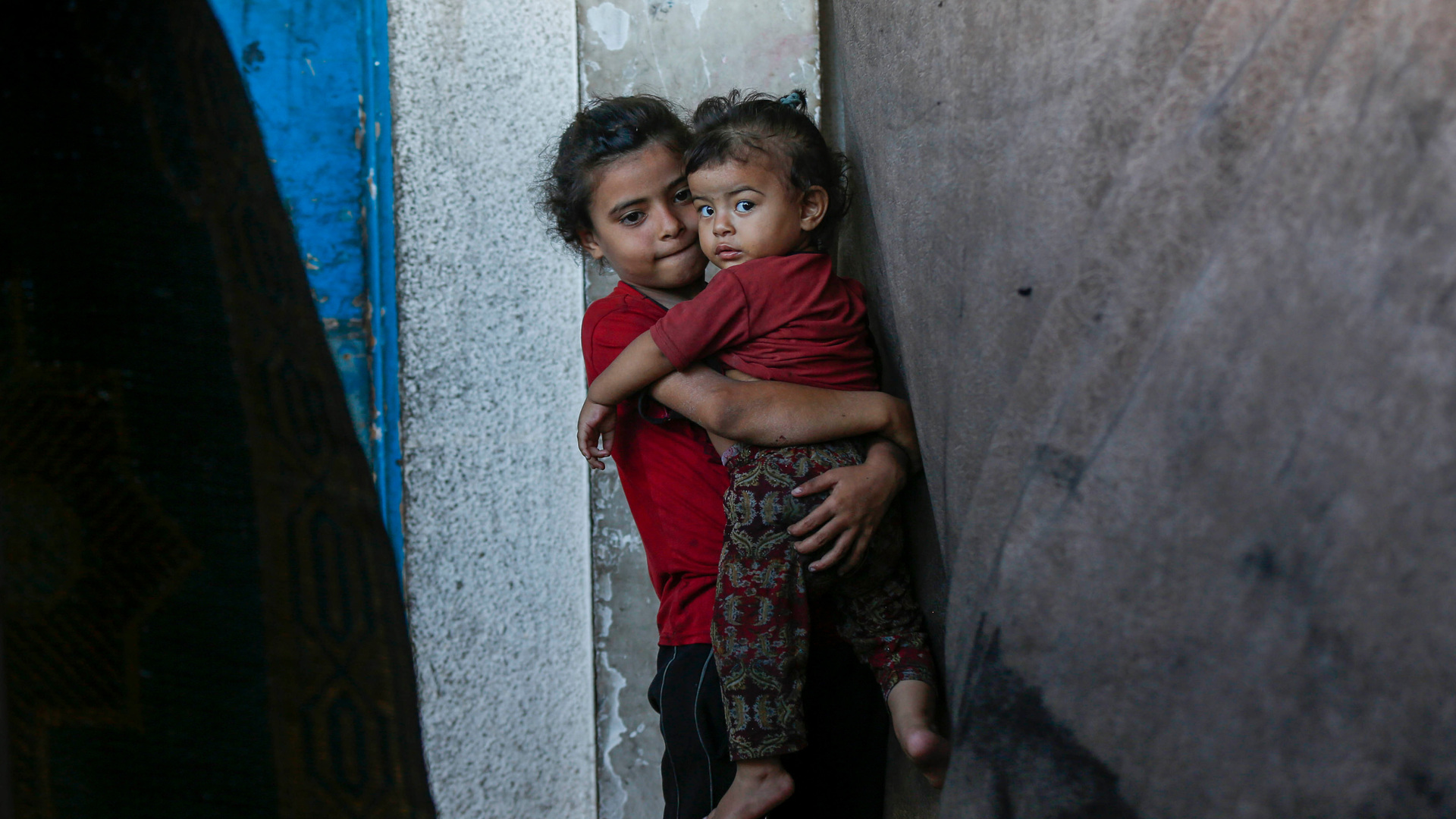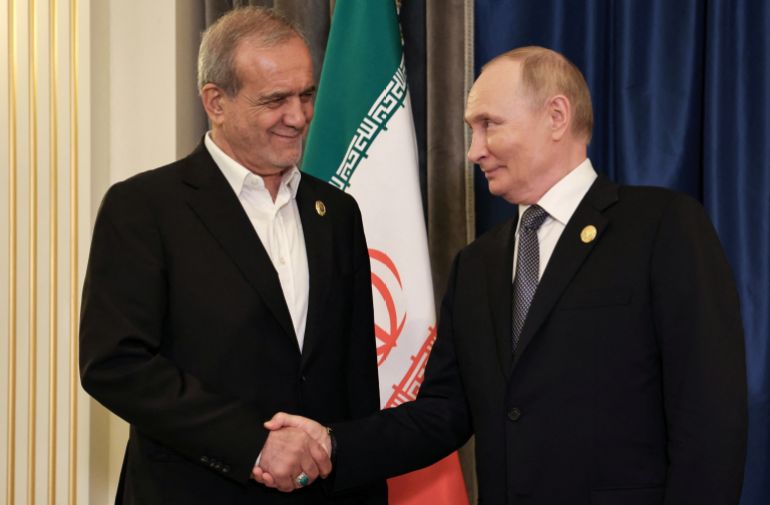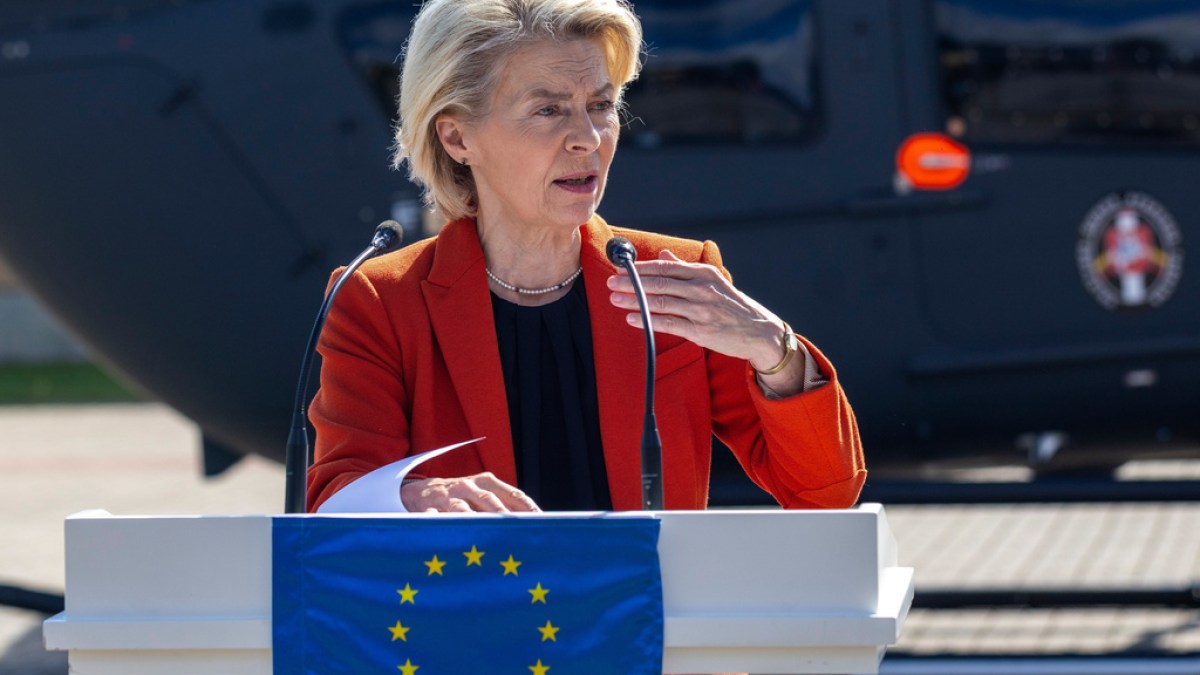As a range of policies put forth by US President Donald Trump’s administration have made tourists less likely to travel to the country, the number of foreign visitors to the country is still declining.
According to recently released preliminary government data, foreign visits to the US decreased by 3% year over year in July.
Since Trump took office in late January, a trend has been in place almost every month. The US has experienced a decline in foreign visitors for five out of six months.
Brazilian tourist Luise Francine, who is visiting Washington, DC, told Al Jazeera, “Everyone is afraid, scared. There is too much politics about immigration.”
Travelers from other parts of the world have been alienated by Trump’s tariffs, immigration crackdown, and repeated jabs about the US acquiring Canada and, according to experts and local officials.
According to Ryan Bourne, an economist at the Cato Institute, Trump’s rhetoric and policies are at the heart of the decline in tourism.
The president’s trade wars and some of the fallout from concerns about getting entangled in immigration enforcement can be blamed for the decrease, according to the statement.
Travel research firm Tourism Economics predicted last week that the US would experience an 8.2% decline in foreign arrivals in 2025, a decrease from its earlier prediction of a 9.4% decline, but well below the country’s total before the COVID-19 pandemic.
According to the company, “the sentiment drag has proven to be significant,” noting that airline bookings suggest that “the sharp inbound travel slowdown” of May, June, and July are likely to continue in the coming months.
Although the numbers for neighboring Canada and Mexico are not taken into account, Canadian visitors have been declining in particular. Tourism Economics estimates that there are fewer Canadians visiting the US this year than there were during the same time last year in 2024.
More Americans entered Canada in June and July in a significant U-turn, according to Canada’s national statistical agency.
Statistics Canada reported that this was the first time this had happened in nearly 20 years, with the exception of two months during the pandemic.
Visa integrity fee
Mexico, in contrast, is one of the few nations in the US to see an increase in tourism. According to US government figures, travel from Central America increased by 3 percent through May and that of South America, by 0.7%, compared to a decline of 2 % from Western Europe.
However, significant declines have occurred in nations that typically draw large numbers of visitors to the US.
Only two of the top ten overseas tourist-producing nations, Japan and Italy, experienced a year-over-year increase in July. Second-placed India’s viewership dropped by 5.5%, followed by China’s viewership, which dropped by nearly 14%.
A trade war and Trump’s (since-reversed) broadsides against Chinese students have raised concerns among Chinese tourists, while deteriorating relations between India and the Trump administration have turned out badly.
The US travel industry is plagued by rising travel costs, political uncertainty, and ongoing geopolitical tensions, according to Deborah Friedland, managing director of Eisner Advisory Group.
Trump has reined in some of the hard-liner measures that defined his first term since taking office for a second term in January, including a travel ban that targets primarily African and Middle Eastern nations, stricter visa approval regulations, and a rise in mass immigration raids.
Some people elsewhere perceived their own unwanted status as a result of the push for tariffs on foreign goods, which quickly became a defining feature of his second term.
Travelers from non-visa-waiver nations like Mexico, Argentina, India, Brazil, and China are hampered by a new $250 “visa integrity fee,” which will go into effect on October 1. According to the US Travel Association, the additional fee raises the total cost of the visa to $442, making it one of the highest visitor fees in the world.
According to Gabe Rizzi, president of Altour, a global travel management company, “any friction we add to the traveller experience will reduce travel volumes by a certain amount.” This will become a more urgent issue as the summer draws to a close, and we will need to factor the costs into travel plans and documentation.
According to the World Travel &, Tourism Council, international visitor spending in the US is projected to decrease from $ 81 billion in 2024 to $ 69 billion this year.





